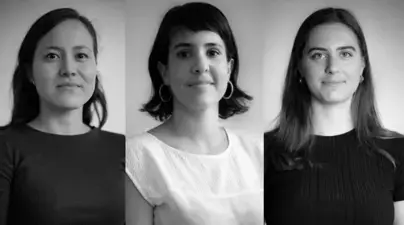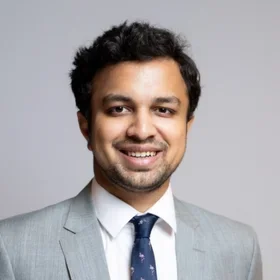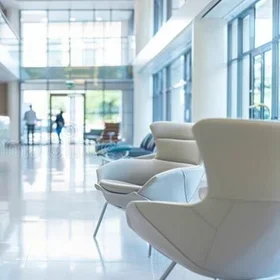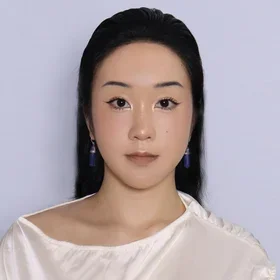Marissa Cuevas, ’17SPS, Sustainability Management, created the company microTERRA to aid the move toward more sustainable water usage in farming and animal husbandry. After winning first place in the Greater Good Challenge, she plans to use the money to fund a pilot program in Mexico.
Describe your pitch. What inspired you to develop this idea?
Two years ago, I heard for the first time about the UN forecast that the third world war would be about water. This marked the starting point of microTERRA; I investigated freshwater uses and pollution which led me to develop the initial concept: a microalgae system that transforms aquaculture wastewater into clean, reusable water and a sustainable animal feed. Paola and Fanny joined me in 2019 to develop that idea. We gathered a team, installed a pilot at scale on a fish farm and filed a patent.
When COVID-19 hit, we were just starting to receive a number of questions on the market opportunity for such a technological solution. So we decided to take advantage of the general slowdown caused by the pandemic and reached out to 120+ experts in aquaculture and animal feed. The conclusion of that study was that our microalgae solution had no market, but that there was a major need for a sustainable and economically affordable system to recirculate water in fish farms, as well as for sustainable plant-based protein for the feed industry. This is how we created the new concept of microTERRA: a sustainable, scalable and affordable plant-based protein, made out of Lemna, grown in aquaculture farms and sold to the animal feed industry. Our sharing economy model allows us to scale the protein production capacity without scaling the CAPEX, and the more protein we sell, the more water we clean and save.

(Pictured, above) Marissa Cuevas Flores (center), ’17SPS, Sustainability Management, Paola Constantino (left) and Fanny Villiers (right) won $10k in seed money for their biotechnology startup that converts wastewater into clean water and sustainable protein for livestock. They were coached by SPS alumnus Thomas Nardacci, ’05 SPS, Strategic Communication, Founder & CEO of Aurelius Coworks.
How are you planning to use the seed money?
The $10,000 prize from the Greater Good Challenge has been one of the first validations for our new idea, so it means more than just the money to us! The funds will be used to install a Lemna cultivation pilot program in a fish farm in the southeast of Mexico and to scale our Lemna production capacity up to one hectare in the next six months. Having the opportunity to fund this pilot with non-dilutive funding is a great privilege and we are very grateful to the prize organizers and sponsors for believing in our mission. Very concretely, it will allow us to pay for the infrastructure (machinery and materials) needed to adapt an existing fish pond to the Lemna cultivation, and to dry the Lemna in the farm. This first pilot project will be key to developing the Lemna cultivation process that will then be replicated in all the farms that will be part of our model.
What do you hope to have accomplished with your business venture a year from now?
A year from now, our objective is for us to pass in vivo trials with animal feed producers and for them to test and validate the quality and consistency of our Lemna protein product. The sales cycle in the animal feed industry for new ingredients or additives can be pretty long, from 12 to 16 months. Our strategy is to develop a first product fast and position it on a niche market of the feed industry in Mexico. In parallel, we will be expanding our Lemna production to a second farm, validating that our sharing economy model of growing Lemna in a decentralized way is viable.


